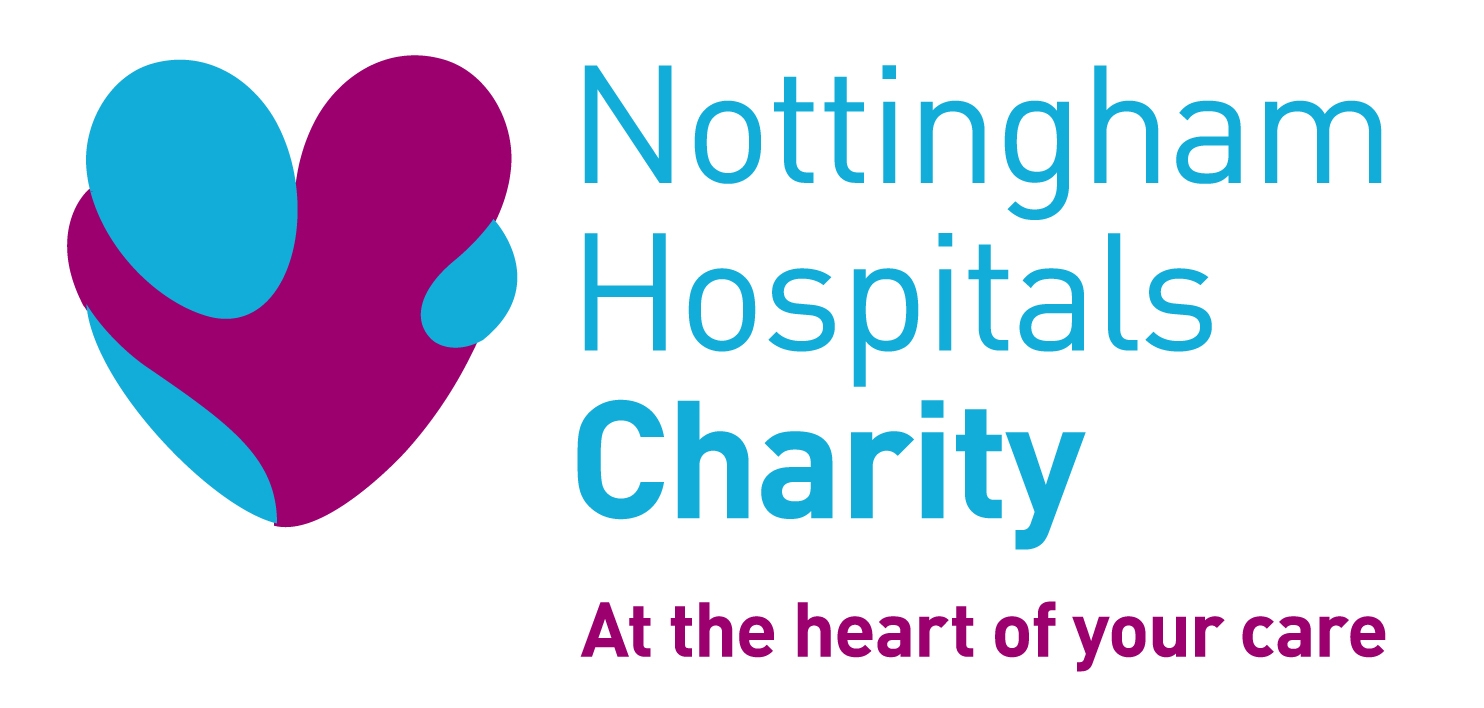I am happy to announce that I have been recently awarded two grants from the Nottingham Hospitals Charity’s Nottingham Orthopaedic Walk Fund. This funding will allow me to expand my research on the diversity of gut microbiome in different UK populations.
The gut microbiome is a vast ecosystem of microorganisms such as bacteria, yeasts, fungi and viruses which live in our digestive tracts. Gut microbes are key to many aspects of human health including development of obesity, maintaining the immune system, increasing skeletal muscle mass, and influencing the development of inflammatory arthritis. Studies in human twins have shown that, although there is a heritable component to gut microbiota, environmental factors related to diet, drugs, and body size and shape measurements are larger determinants of microbiota composition.
Watch this video to learn about our upcoming gut microbiome study
Investigating the effect of endurance and power athletic training on gut microbiome composition
We are about to undertake a pilot study with MSc Sport and Exercise Medicine students to compare endurance athlete's bacterial strains with bacterial strains from power athletes, specifically 100m sprinters.
We are also investigating whether genetics are involved in the composition of the microbiome, through asking non-competitive siblings and parents of the athletes to donate a stool sample. Thus, this study will look at the adaptions of the microbiome with respect to training and diet and age. One of the grants will allow older athletes aged over 40 to also be included in this study.
Investigating the gut microbiome composition of a UK Afro-Caribbean cohort
Current research within the Biomedical Research Centre (BRC) Musculoskeletal (MSK)theme uses a predominantly Caucasian study population. Elite sprint athletes often have an Afro-Caribbean background and we also to recruit parents of these athletes to provide a stool sample for analysis. This will lead to the possibility of many different analyses; to see if genetics, or ageing are involved in the differences in gut microbiota; if different diets containing alternative probiotic foods have an influence compared to traditional British diets. The second award will allow us recruit Black and Ethnic Minority individuals aged over 40 who are not related to an athlete. Through comparing with the Caucasian population in the MSK BRC cohort aim to see if ethnicity plays a role in musculoskeletal conditions such as osteoarthritis and frailty.
We hope to begin recruitment for these studies from mid-March 2020 so if you are interested in taking part follow the dedicated study twitter account @microbiomestudy for more details.
